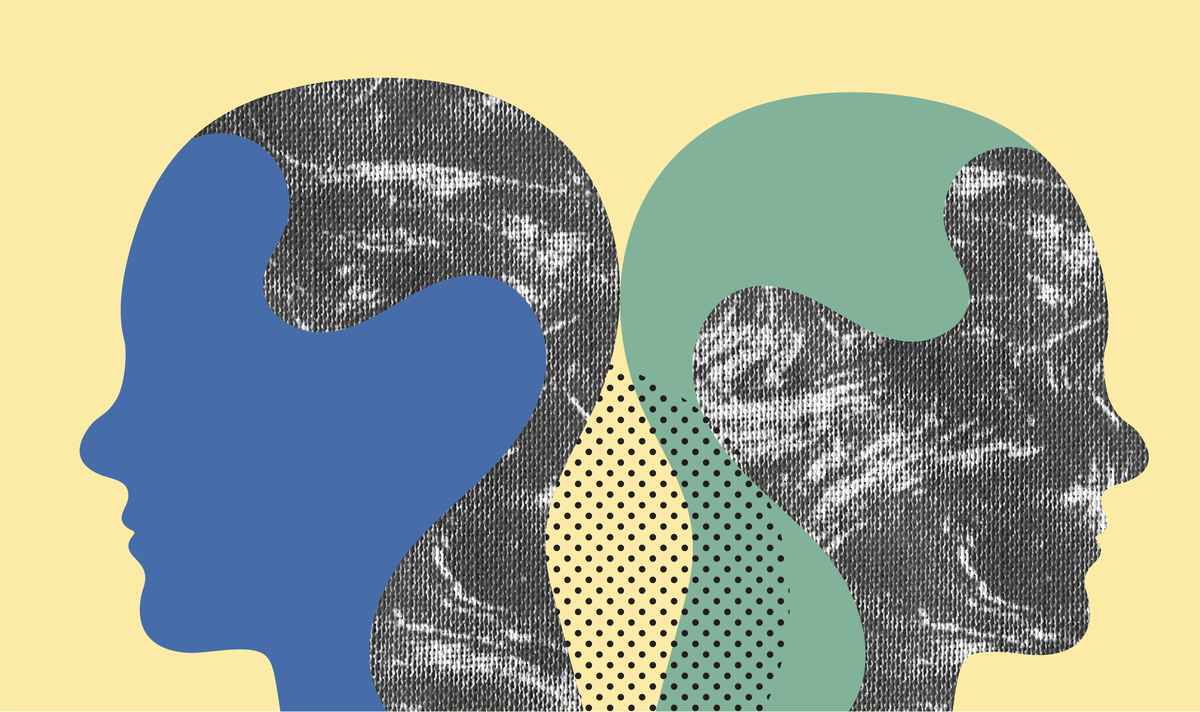Supreme Court case prompts debate about conversion therapy’s effect on youth mental health
Social media users also discussed Meta’s new safety features for teens amid mental health concerns.

Social media users also discussed Meta’s new safety features for teens amid mental health concerns.
On October 7, the Supreme Court heard arguments on a case that will decide whether Colorado’s ban on conversion therapy violates free speech, sparking conversation about youth mental health online. Social media users also reacted to Meta’s announcement of new safety features and restrictions on teen accounts in response to mental health concerns. Additionally, users discussed recent news coverage of a July report that ranked Alabama as the worst state in the country for access to youth mental health services.
In response, communicators may share mental health resources tailored to LGBTQ+ youth, information for parents about how to support teens’ mental health while using social media, and ways to find mental health care in your state.

Insights brought to you by the reporters and science writers of Public Good News (PGN), a nonprofit newsroom dedicated to improving community health.
What’s trending nationally in conversations about mental health
After the Supreme Court heard arguments on a case that challenges Colorado’s ban on conversion therapy, social media users debated the practice and its impact on youth mental health. Some condemned conversion therapy, saying it is torture, abuse, unethical, and harmful to LGBTQ+ youth and civil rights. In an X post that received 5.1 million views as of October 23, a user shared that their six-month experience with conversion therapy almost led them to take their life, while a reply claimed that gender-affirming care is the same as conversion therapy.
On October 14, in response to growing concerns about youth mental health, Meta announced that Instagram accounts for teens will now follow content standards similar to those used for PG-13 movies. The company said that teens under 18 will be automatically placed under these settings. In response, most social media users expressed skepticism or mocked the changes, suggesting teens will lie about their age to circumvent the restrictions.
In the South, social media users reacted to recent news coverage of a July report that ranked Alabama worst in the nation for access to youth mental health services, with most saying they’re not surprised about the state’s low ranking. Users said there are not enough youth facilities and beds in mental health hospitals and that they face barriers like insurance denials, closures, and underfunding. Others noted that adults also face a lack of access in the state and called for better investment in mental health services.

Recommendations brought to you by the health communication experts behind Infodemiology.com.
Recommendations for public health professionals
Each week, the Infodemiology.com team will provide messaging recommendations in response to some of the trending narratives outlined above. These helpful tips can be used when creating content, updating web and FAQ pages, and developing strategy for messaging about mental health.
As the Supreme Court case is deliberated, online discussion about conversion therapy may lead to questions about why major medical and psychological associations have opposed this practice. Conversations also demonstrated misconceptions about gender-affirming care, providing an opportunity for communicators to circulate information about how this care improves trans mental health. Communicators may also share resources geared toward LGBTQ+ youth, such as the Trevor Project’s hotline, the Trans Lifeline, and the LGBT National Help Center.
Meta’s new restrictions provide an opportunity to circulate materials about how social media use impacts teenagers’ mental health. Communicators may share mental health warning signs in teens, conversation starters for caregivers, and guides on encouraging healthy social media habits.
In response to conversations about obstacles to mental health care, communicators may share free and low-cost resources. These resources include sliding scale therapy, support groups, local mental health centers, and the 988 Suicide & Crisis Lifeline. Sharing information about navigating health insurance for mental health treatment is also recommended.
